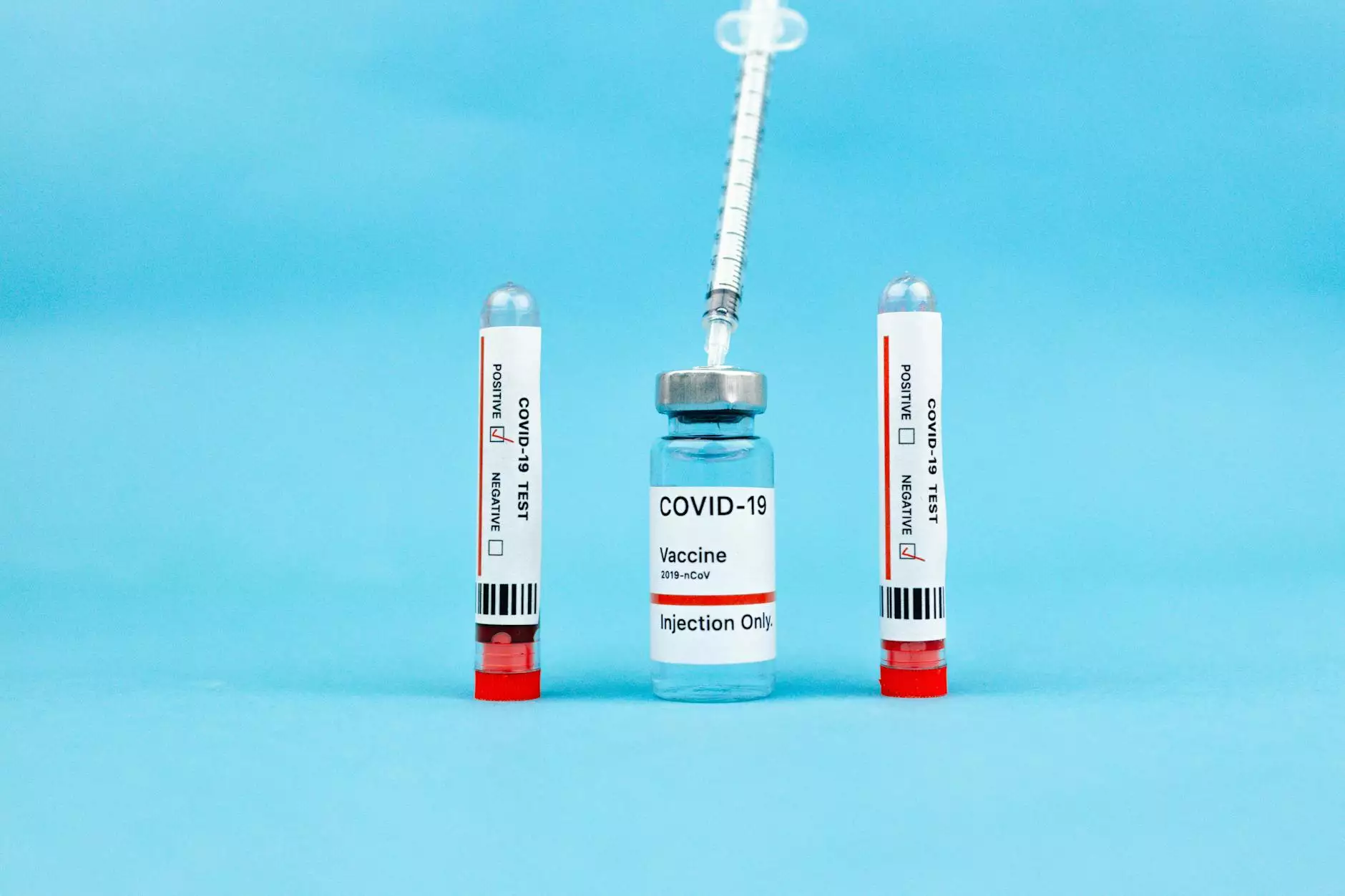Don't Believe the 2 Most Common Myths About Urine Drug Tests
Blog
Introduction
Welcome to Oaks at Radford Hills, your trusted source of health-related information. In this article, we will debunk the two most prevalent myths surrounding urine drug tests. It's essential to have accurate knowledge and understanding when it comes to drug testing procedures. Let's dive in and separate fact from fiction.
The Importance of Urine Drug Tests
Urine drug tests play a crucial role in various industries, including healthcare. Employers, healthcare professionals, and organizations utilize urine drug tests to ensure a safe and healthy environment for individuals and the community. These tests help identify drug use, provide insights into potential substance abuse, and aid in making informed decisions.
Myth 1: Drinking Lots of Water Can Fool a Urine Drug Test
One common myth surrounding urine drug tests is the idea that consuming excessive amounts of water can manipulate the results. This is far from the truth. While drinking water can dilute your urine slightly, modern drug testing methods are designed to detect diluted samples. Laboratories can easily identify diluted urine and may request another sample or conduct further testing to ensure accuracy.
It's crucial to note that tampering with a urine sample is considered a serious offense and may have legal consequences. Instead of attempting to manipulate the test, it is essential to focus on maintaining a healthy lifestyle and avoiding illicit substances altogether.
Myth 2: Certain Medications Can Cause False Positive Results
Another prevalent myth surrounding urine drug tests is the belief that certain medications can lead to false positive results. While it is true that certain medications can trigger positive results for specific substances, experienced professionals and laboratories are well aware of this phenomenon. They conduct additional confirmatory tests to differentiate between legitimate medication use and illicit drug use.
If you are concerned about potential false positives due to a specific medication, it is always recommended to provide accurate information about your current prescription or over-the-counter medications. This ensures that accurate interpretations are made during the testing process, minimizing any potential confusion or misunderstandings.
Conclusion
Urine drug tests are valuable tools in maintaining a safe and healthy environment. By dispelling these prevalent myths, we hope to promote accurate information and understanding about drug testing procedures. Remember, manipulating or tampering with a urine sample is not only ineffective but can also lead to severe consequences.
At Oaks at Radford Hills, we prioritize accurate information and the well-being of individuals and communities. Stay informed, make responsible decisions, and together, we can create a healthier society.










